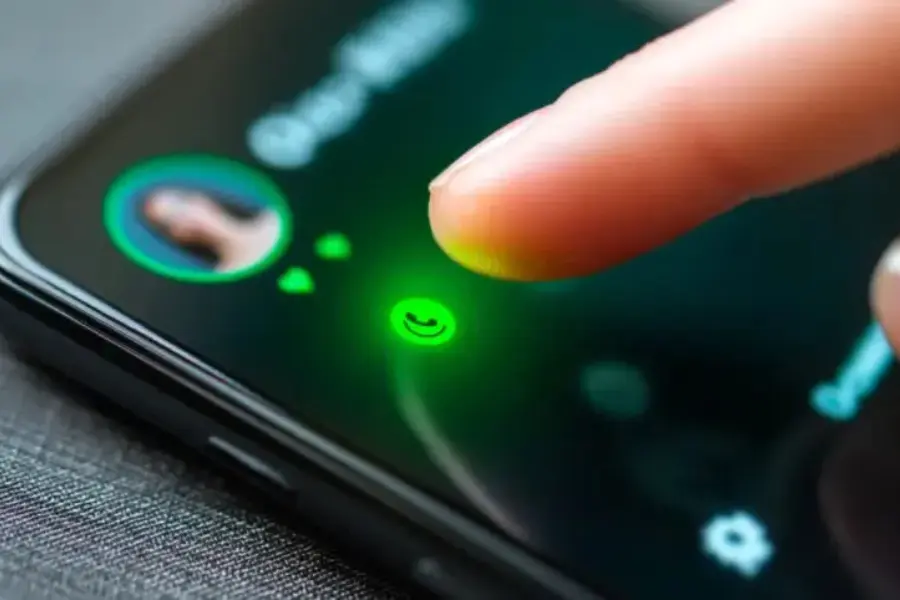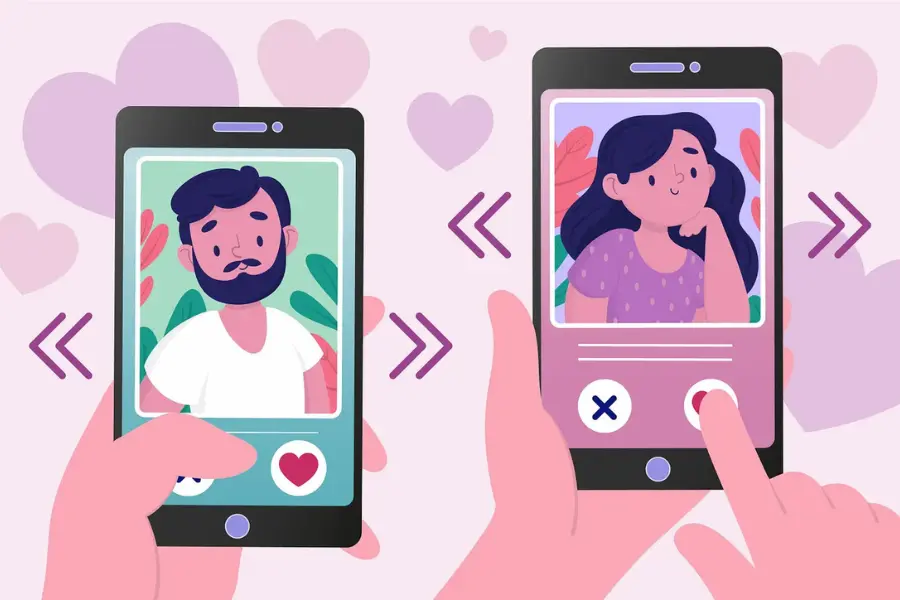While perusing Instagram late one night, Maya came across a picture of her partner with a comment on it from someone she did not know. It was an innocent heart emoji but her imagination began racing. Minutes later she was spiraling into anxiety and comparisons. This is what social media jealousy is all about: social media jealousy no one talks about, but which many couples battle with in silence.
The Unspeakable Factor in Contemporary Relationships
Traditionally, jealousy would develop out of face to face acquaintances. Today, however, jealousy can now lead to something as simple as “double tap” an image. A “like” or “follow” can sometimes seem like nothing, and then we are left wondering: Why did they like that image? Who did they follow? What does the comment mean?
All this creates anxiety with social media, as it blurs the public/private zones. Something that was once, possibly even admiring, is now out there for everybody to see. And when things are unclear, it can easily lead to a conflictual debate.
When Online Engagement Feels Like Infidelity
There are those people who view online interaction on the same idea as interaction in real life. So, if someone were to send you a short coy restart that is flirtatious/fun/whatever, then it is akin to crossing the line of something going on. This is where social media jealousy can heighten because digital interactions leave a persistent mark. Unlike in-person encounters where the conversation is fleeting, likes and comments are all things we can see again, relive, and interpret.
For relationships, perception is just as important as intention. One person reads the comment as innocent while the other one sees it as infidelity. Once the perception gap begins to grow, trust may be compromised, and without talking about it, even very small flames can very quickly become all-out fires.
The Story Behind the Screen
From two individuals with a relationship, there develops an individualized “social media story.” A couple might say those funny things about followers, but another feels totally uncomfortable with the whole thing. Late-night scrolling for Maya was never about that comment; it was about the fear of losing trust, unspoken insecurity, and the need for affirmation.
This is where dialogue really matters. Instead of accusations or hiding away feelings, couples might want to share how interactions on social media make them feel. Transparency lessens confusion and erects better boundaries.
Creating Trust in a Digital World
We live in a world where you cannot escape social media; however, couples can learn to navigate it together. If partners specified exactly what kinds of behavior were respectful in the online world, they would be able to lower the chances of increase in arguments. For instance, you might both come to a mutual understanding as to which behaviors are violations of boundaries and disrespect your relationship.
Moreover, the process of looking inward is crucial. Jealousy fueled by social media often reveals more about our own insecurities than our partner’s actions. Learning to separate online noise from the values you share in your relationship can reduce anxiety and build trust. We can always allocate energy towards offline connection. For example, things like common experiences, connections or conversations, and ultimately, good time together these things, when put together properly, transcend anything we could get from social media (likes, comments, etc).
Final Thoughts
Everything depends on the digital platforms. As tools, they can either bring couples closer or push them apart. Being aware of social media jealousy and discussing it openly helps sustain love in the digital age. Likes fade, comments disappear, and follows vanish. Trust and communication, however, keep a relationship strong beyond the screen.




